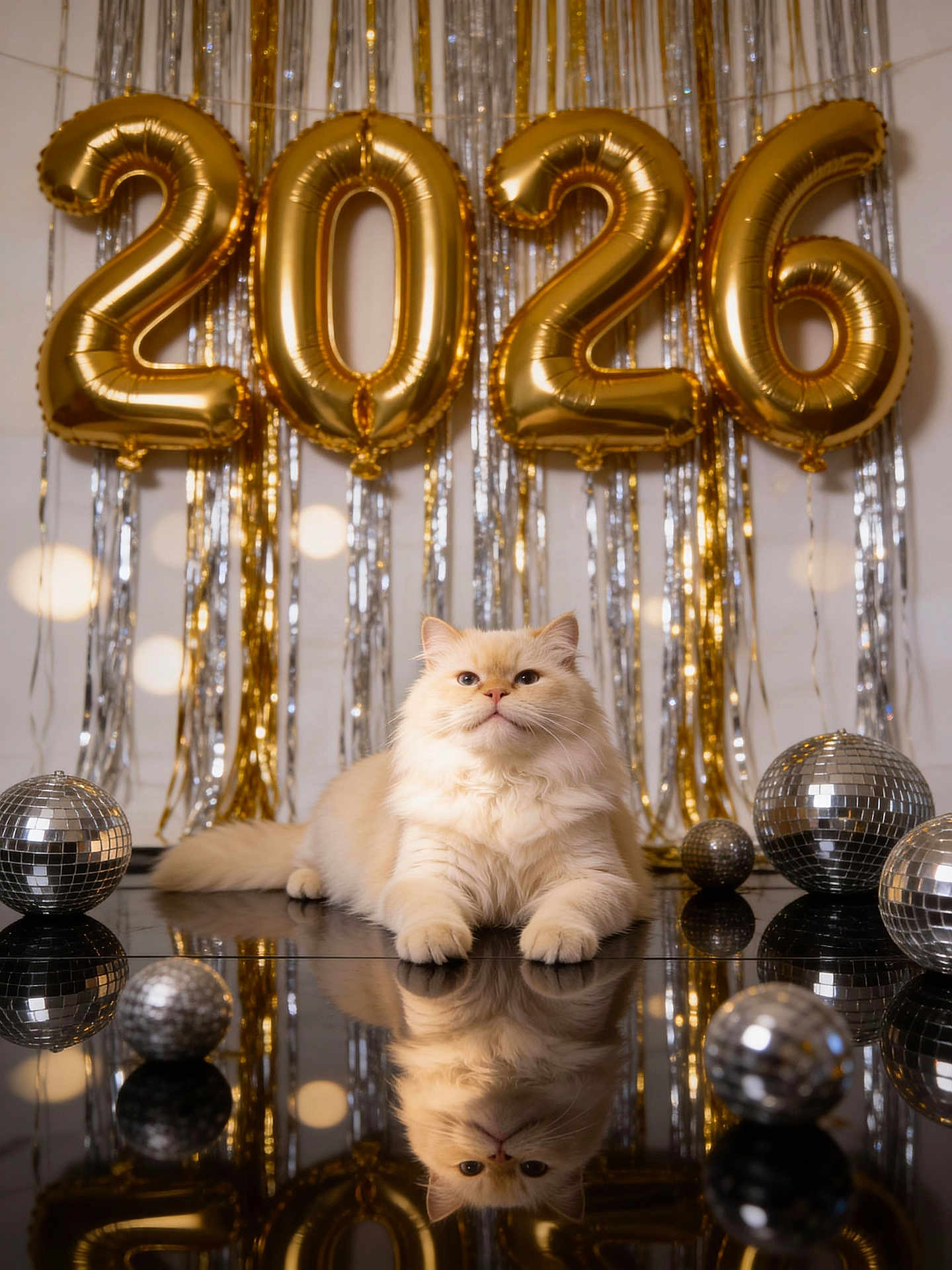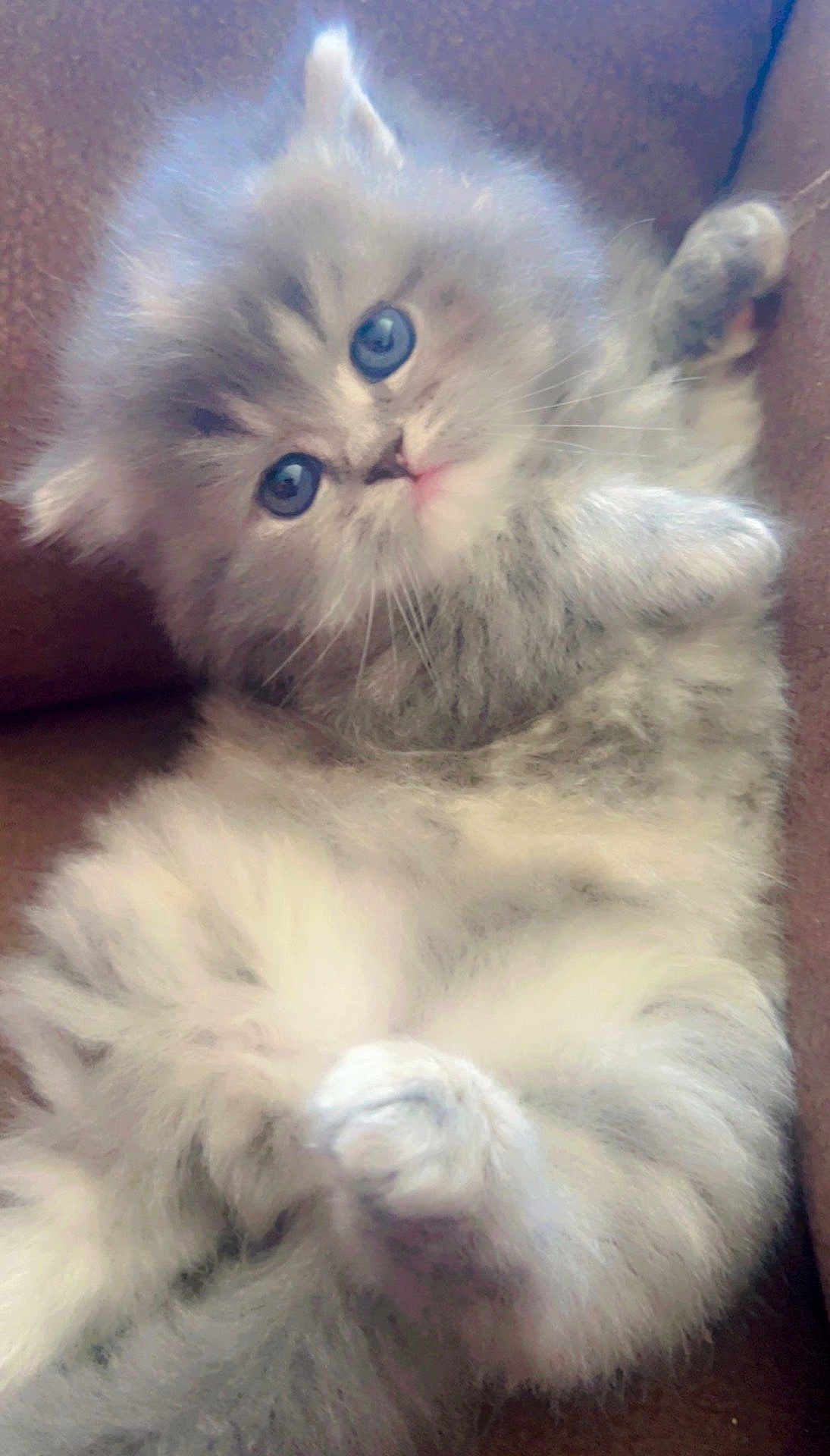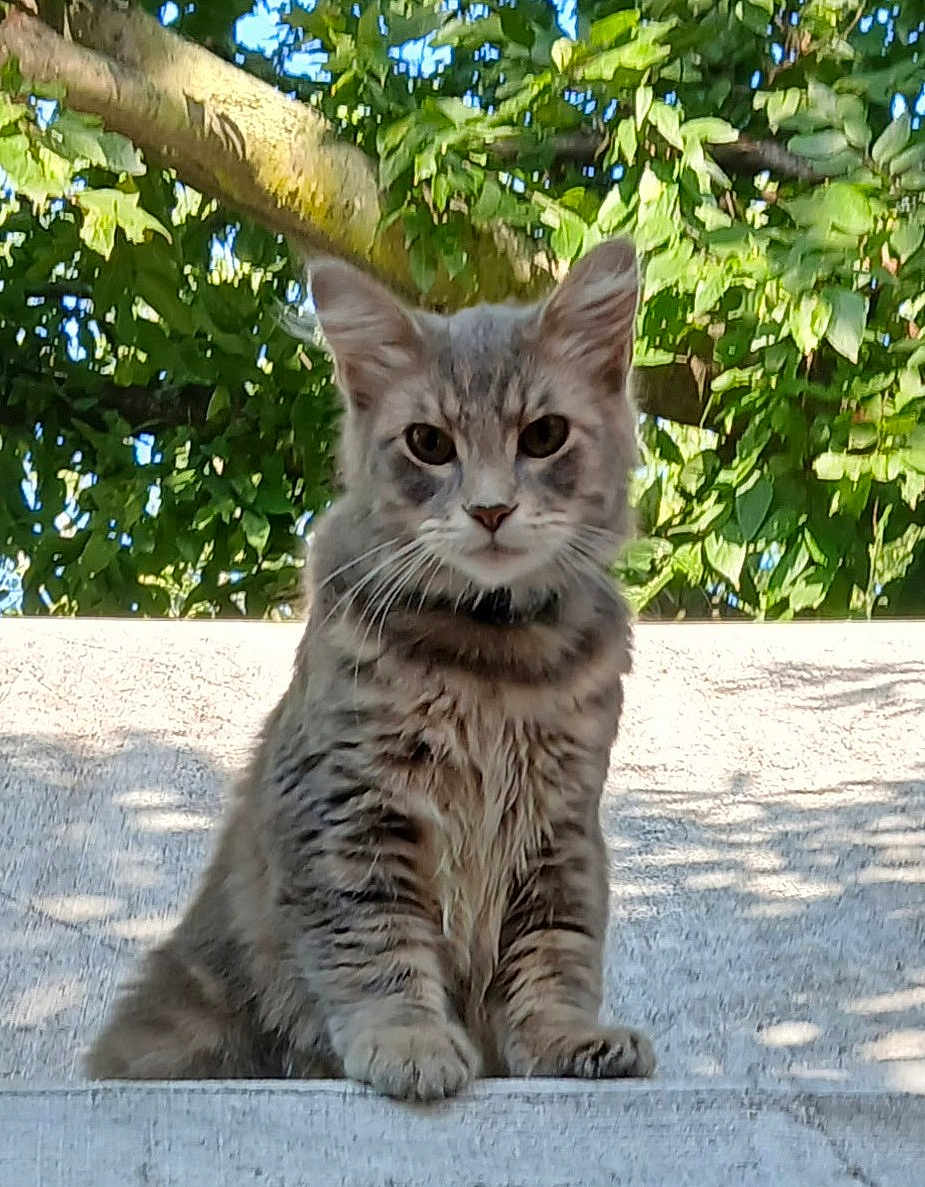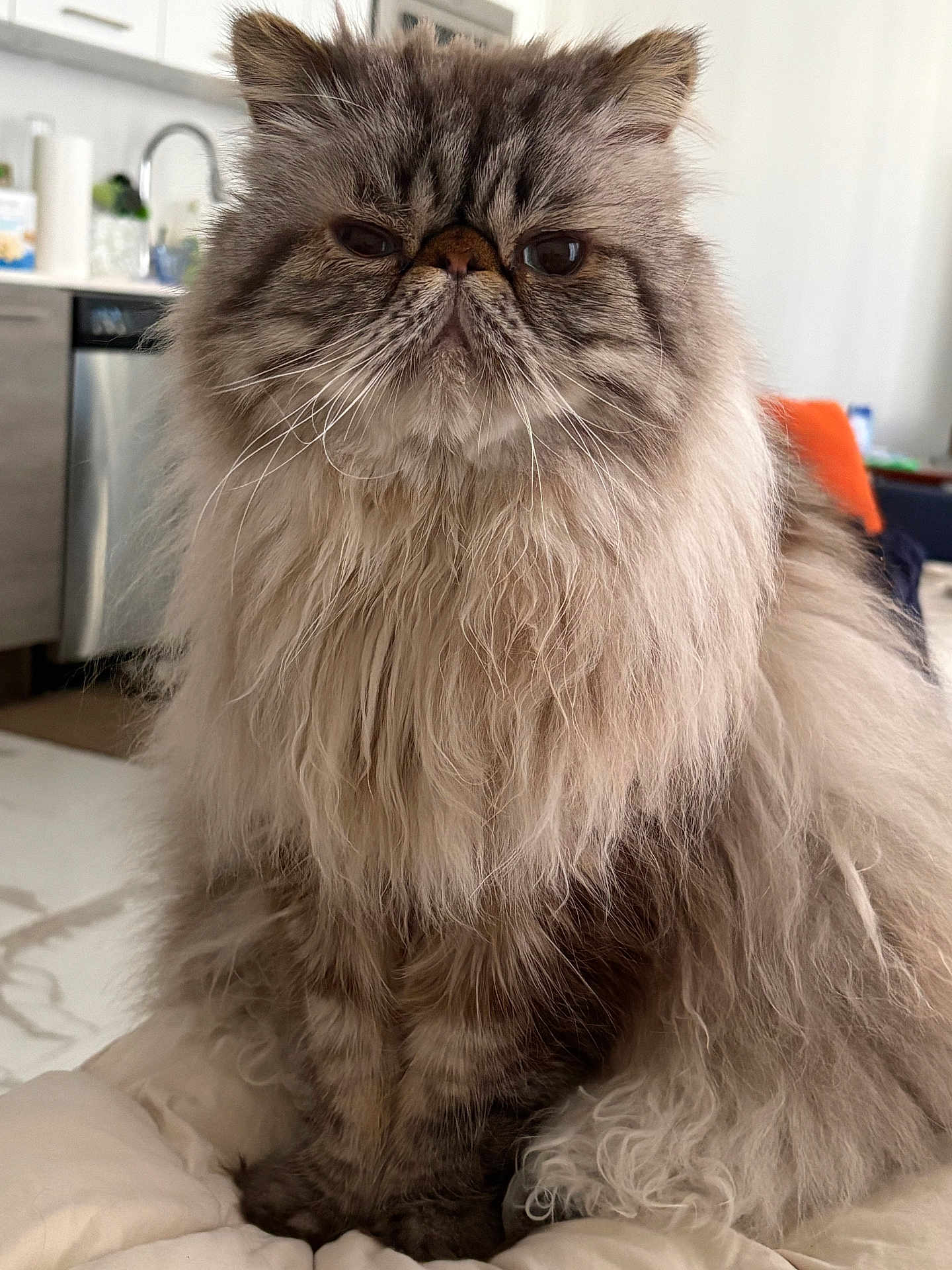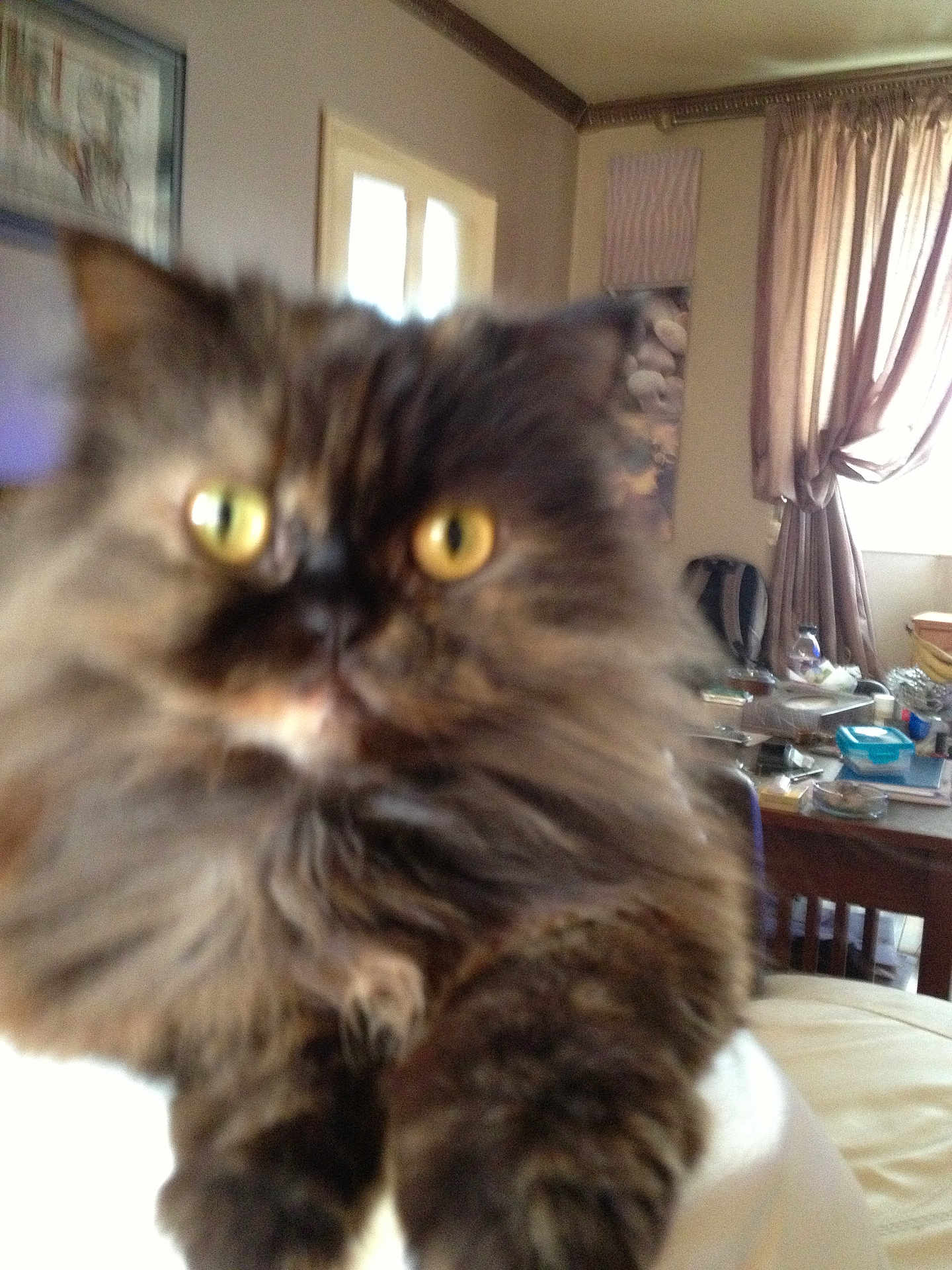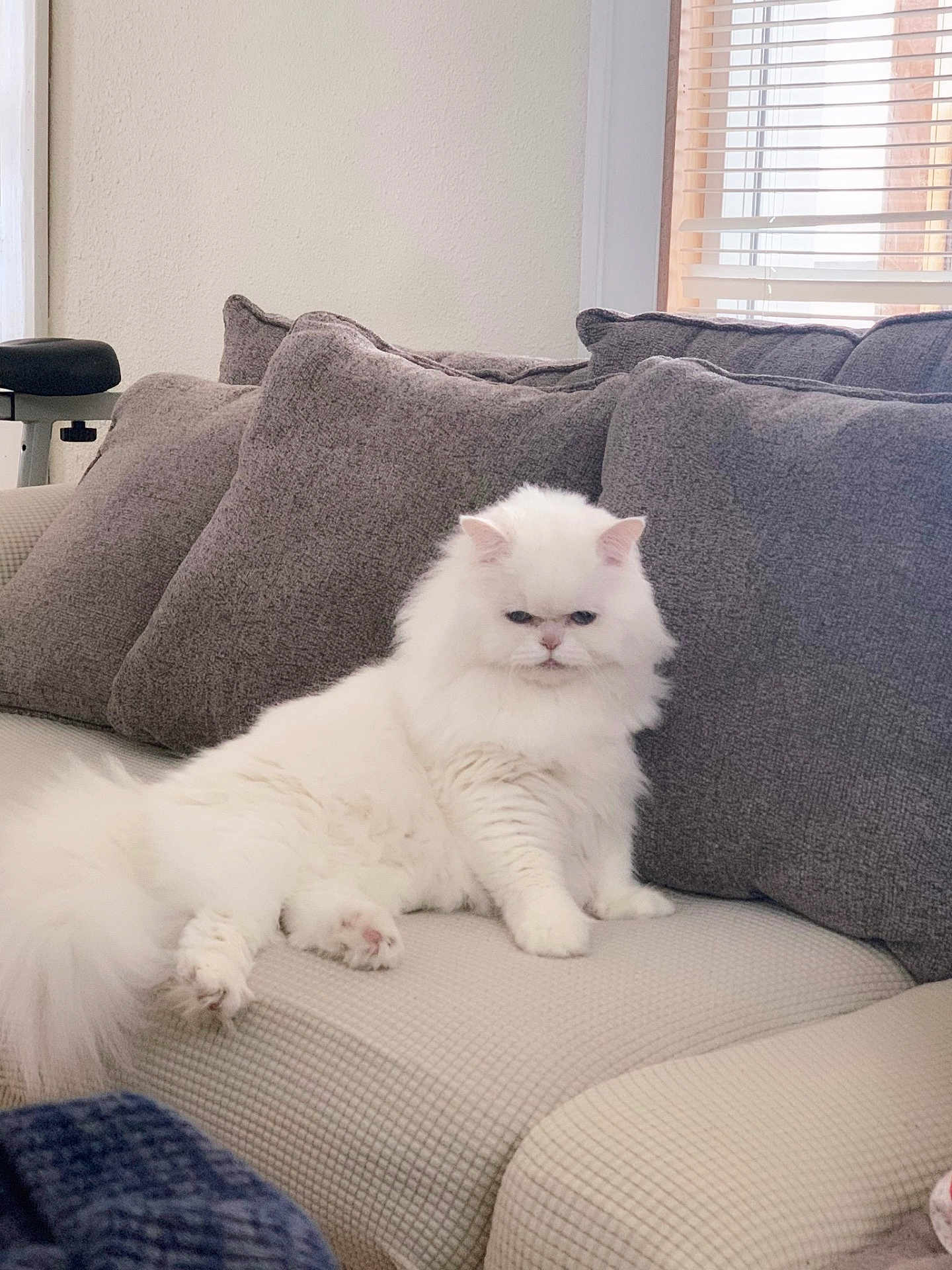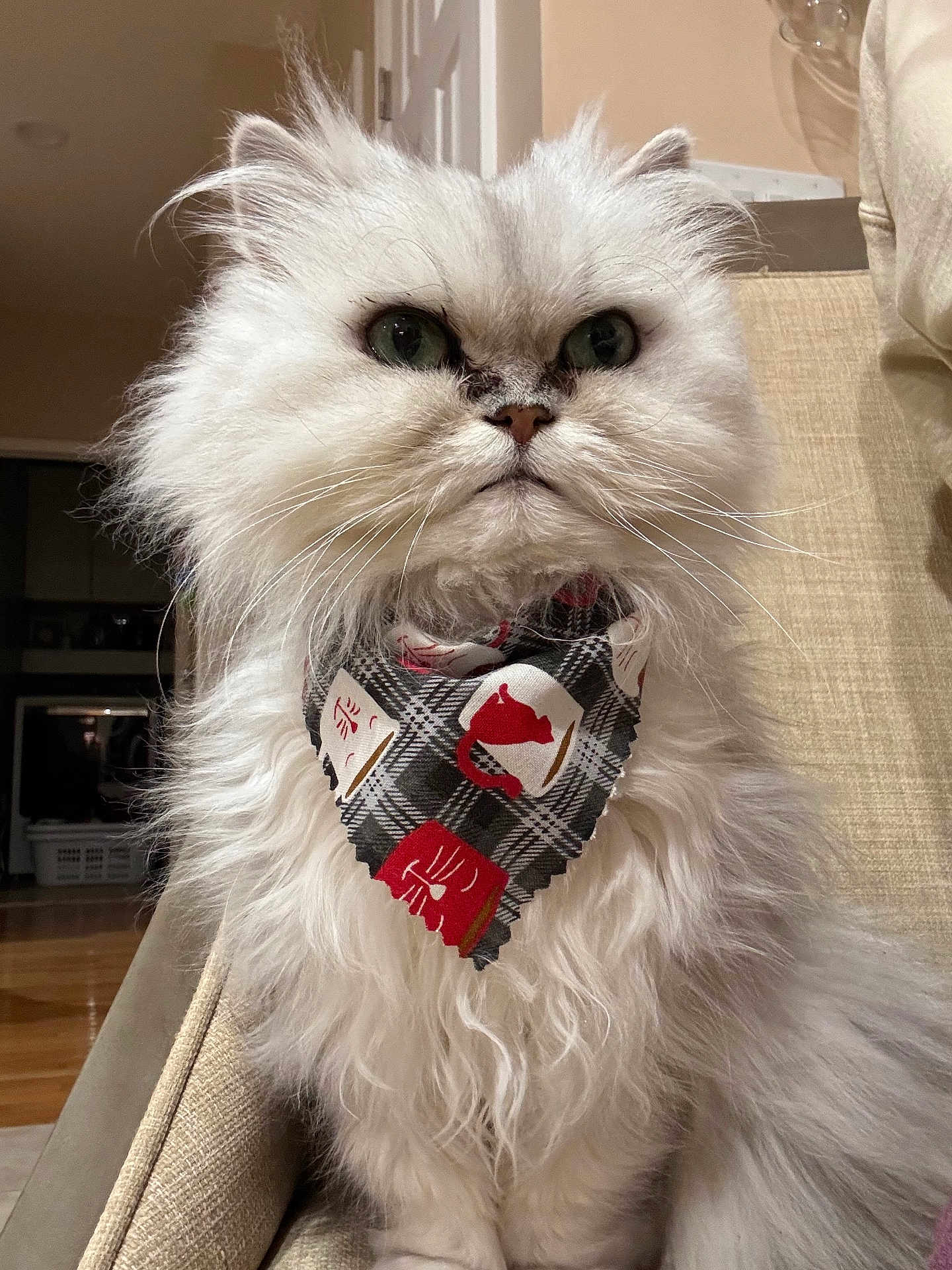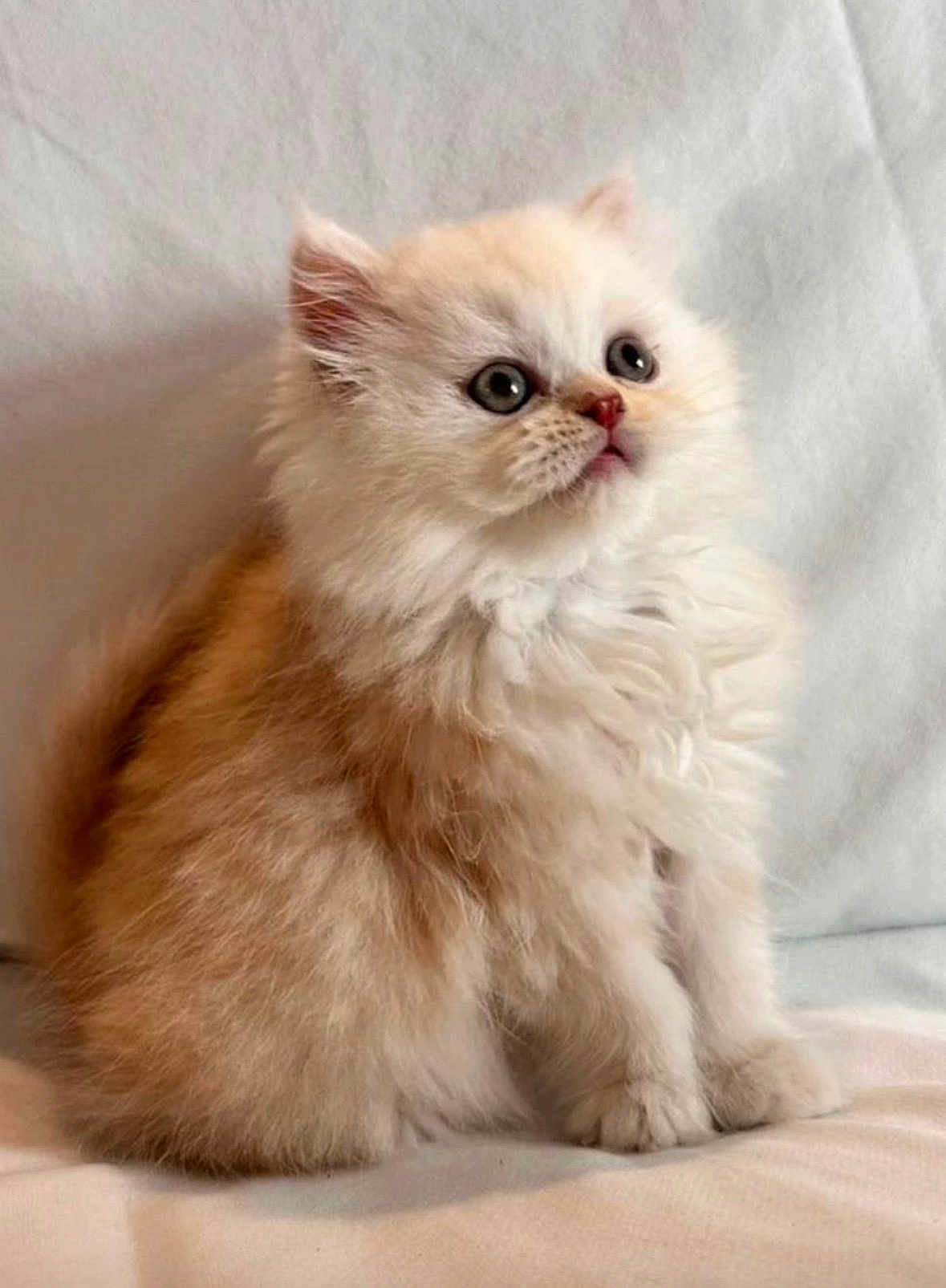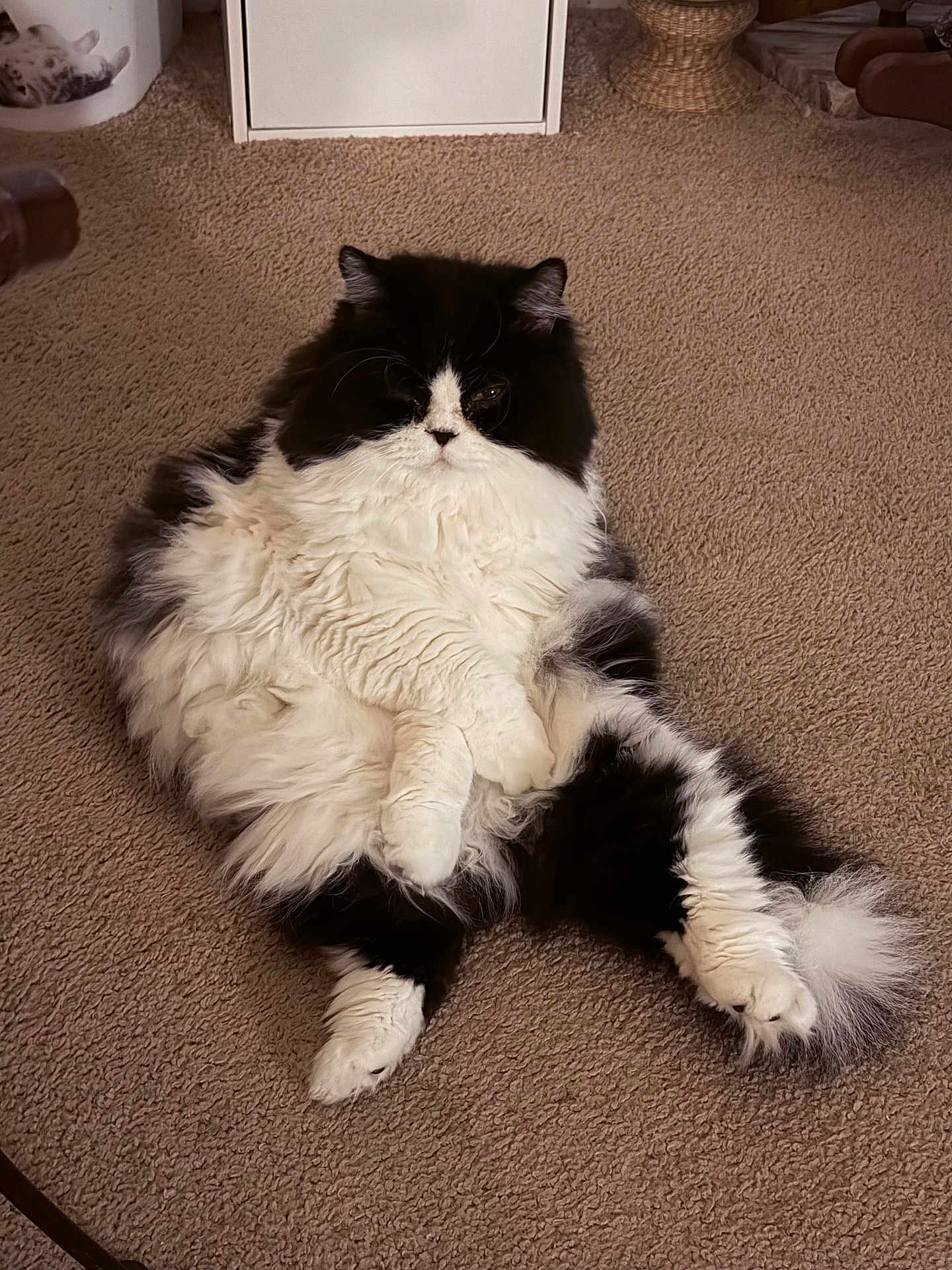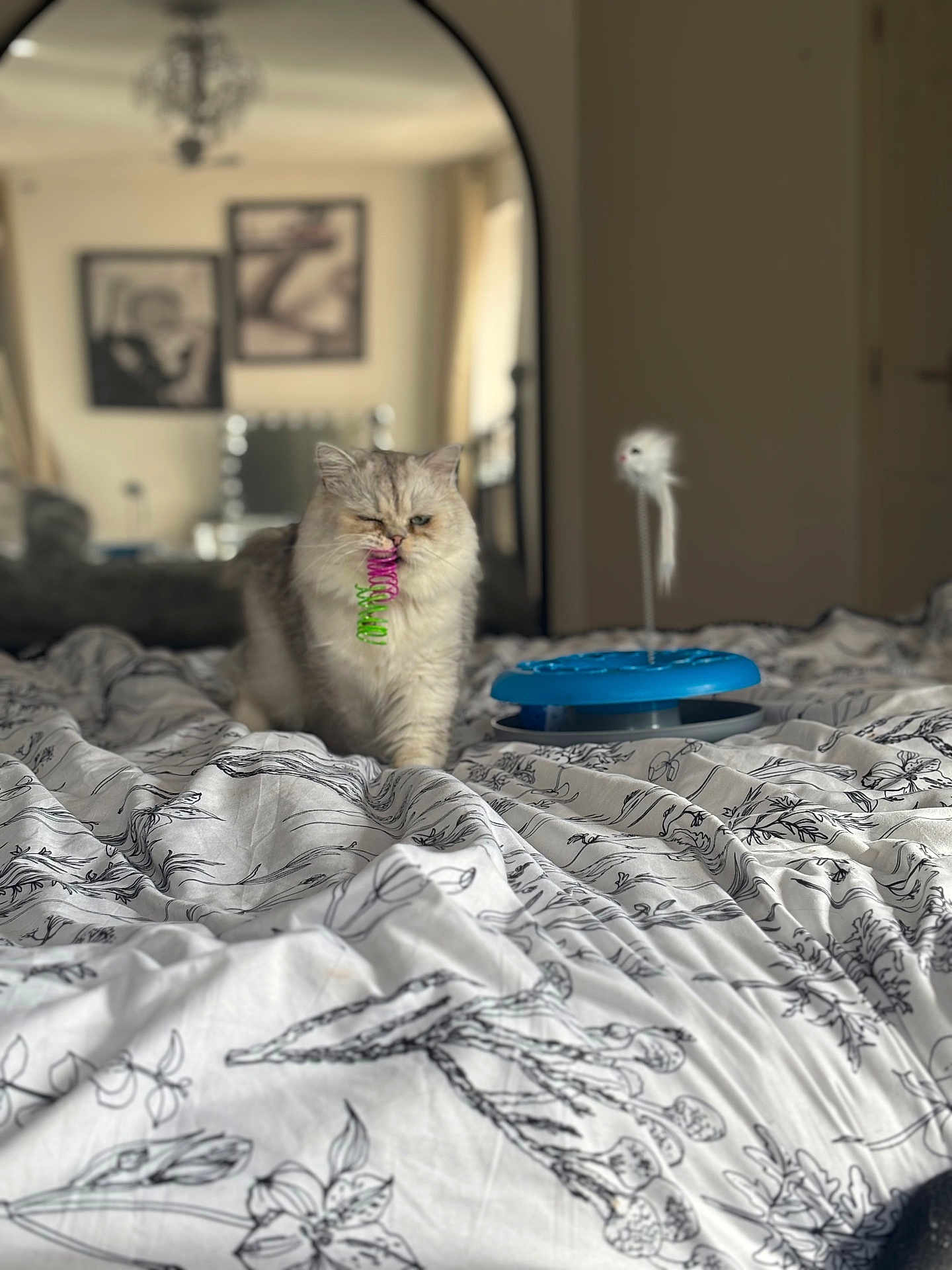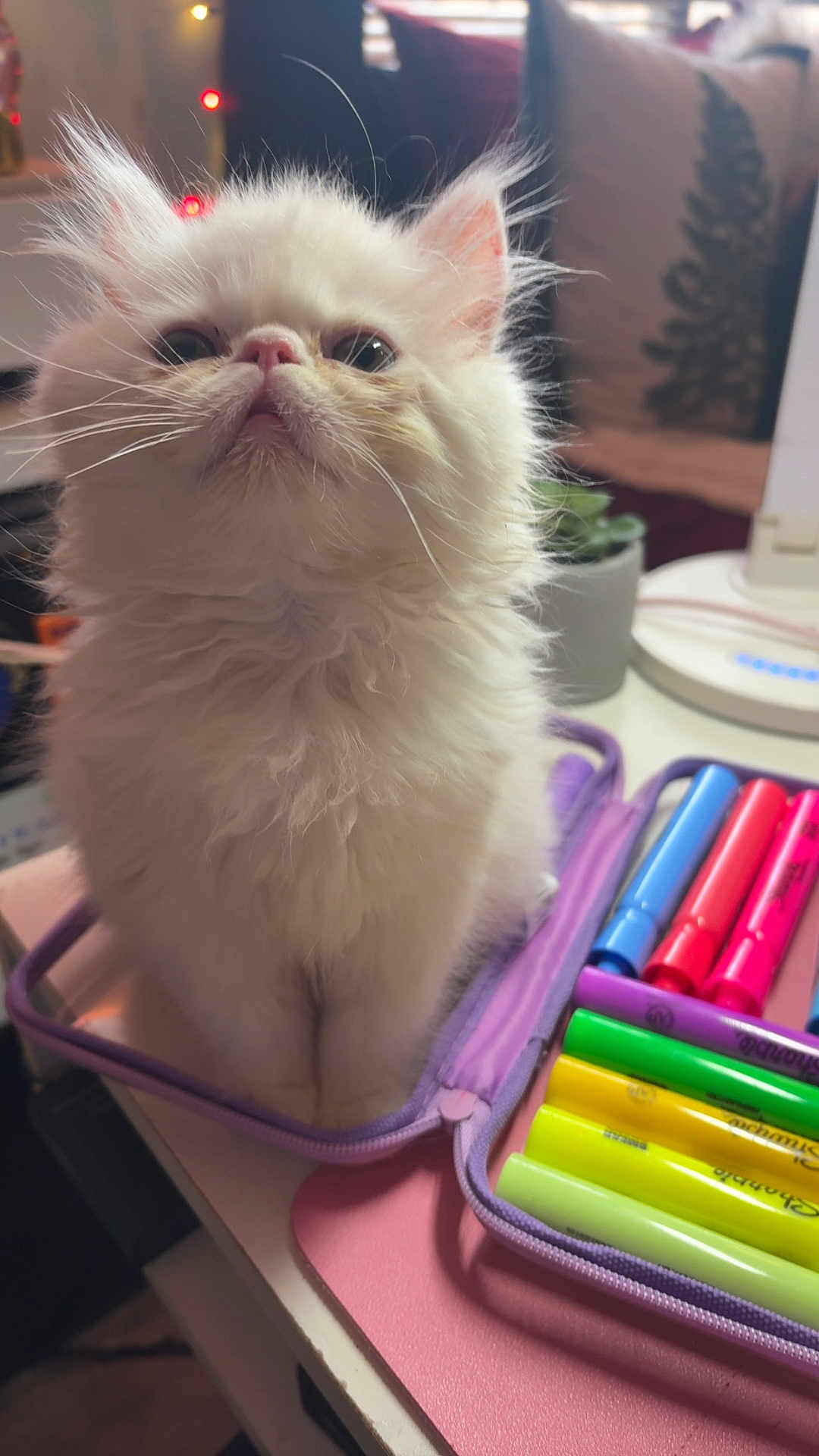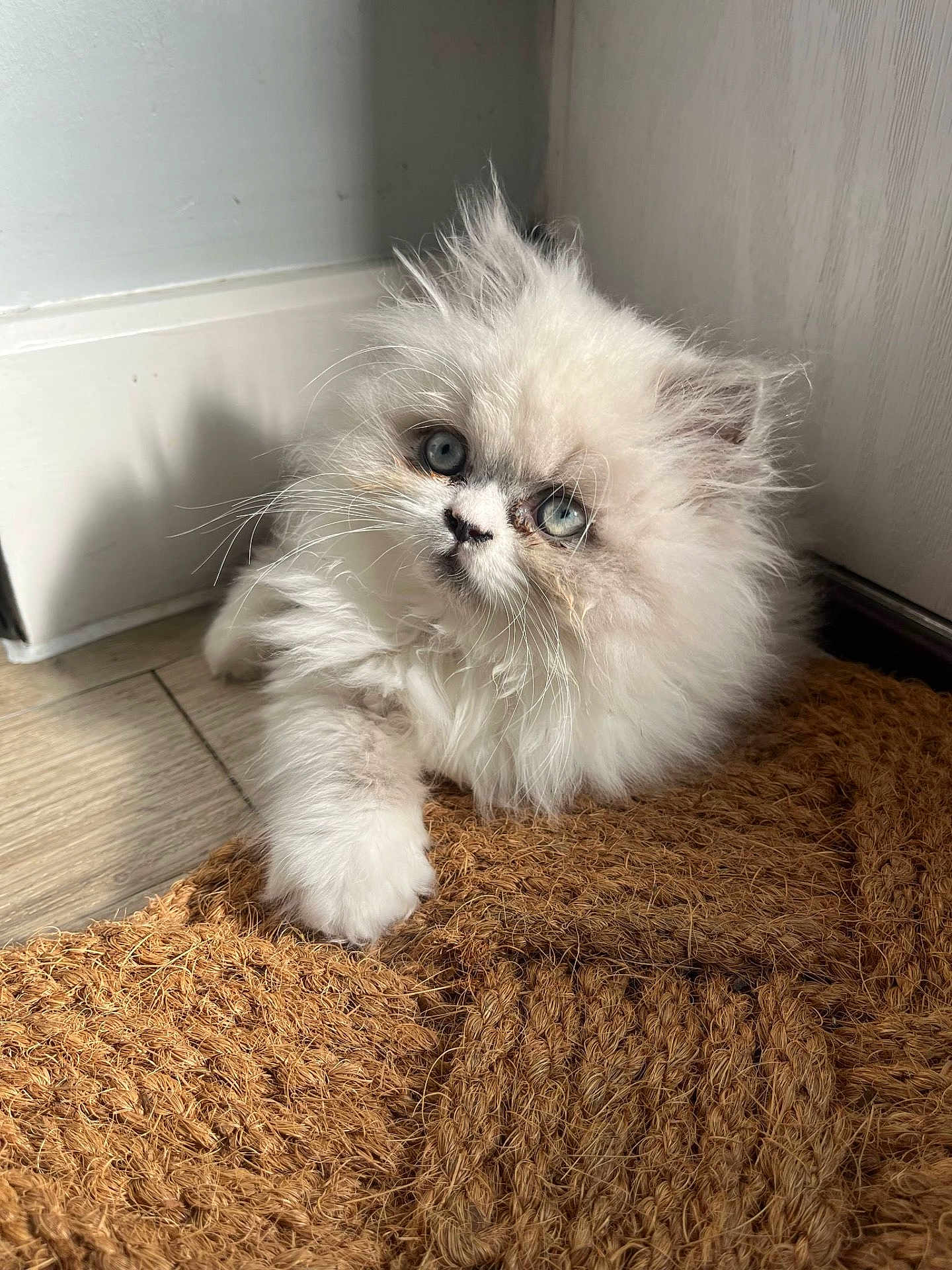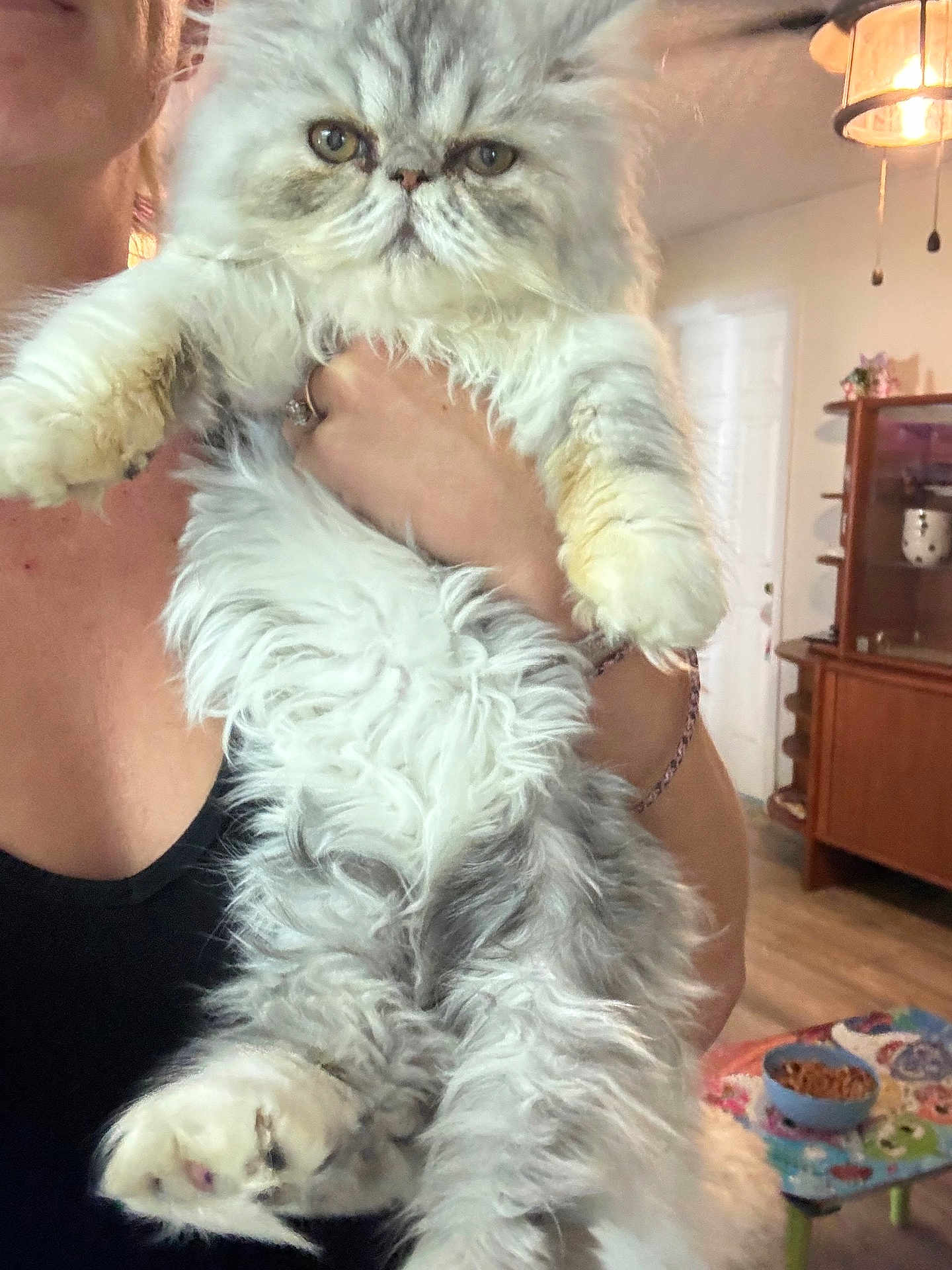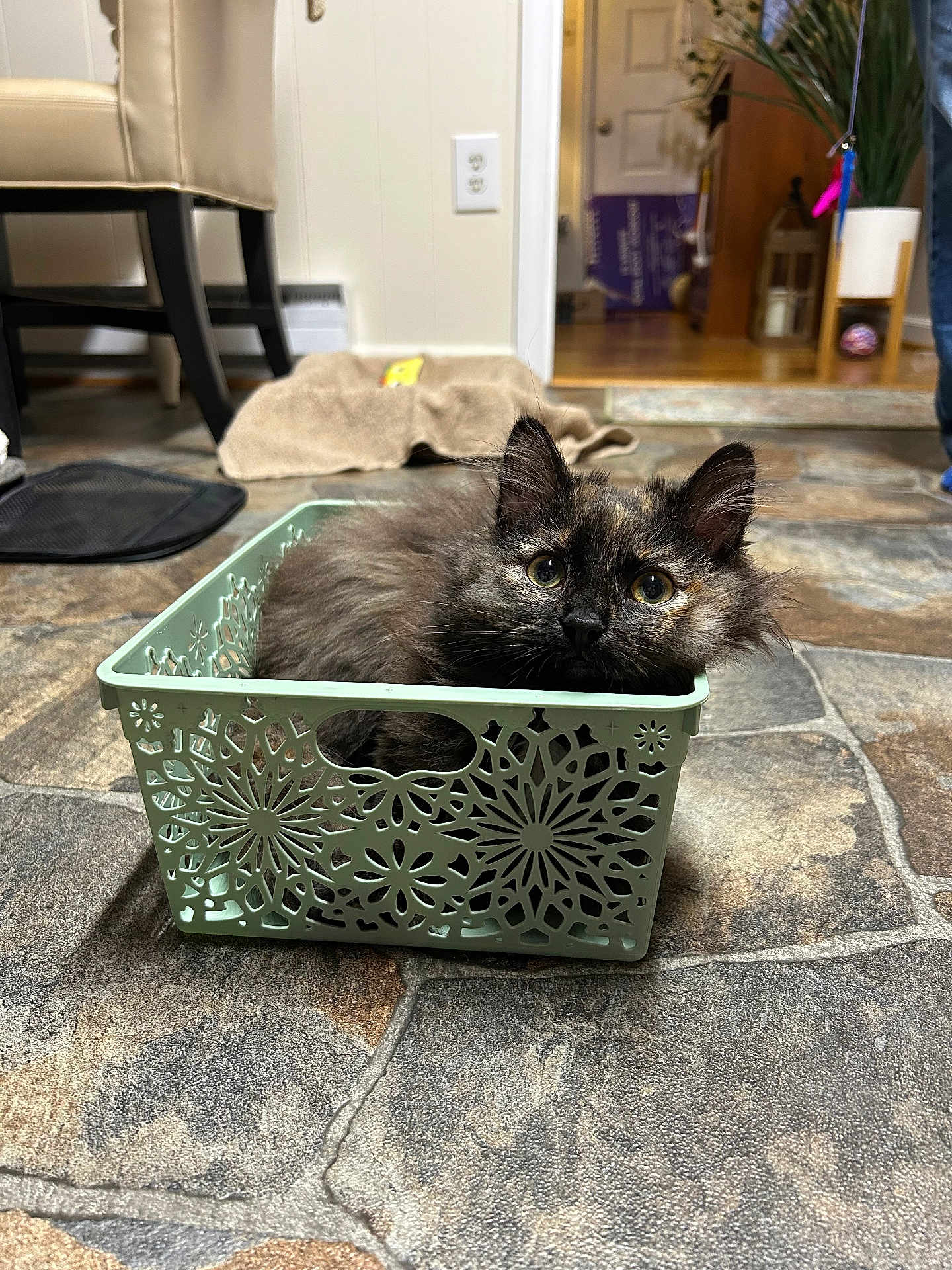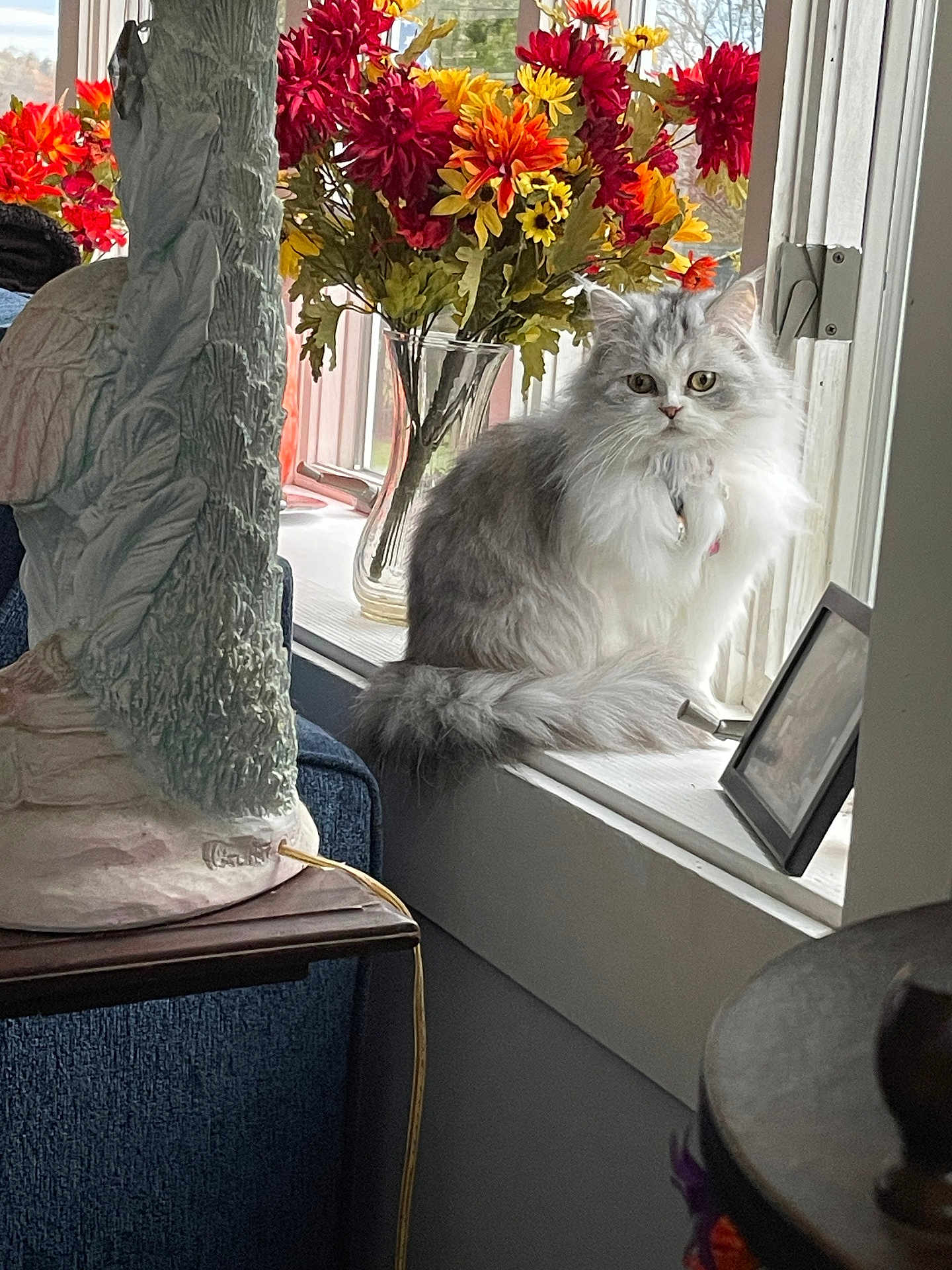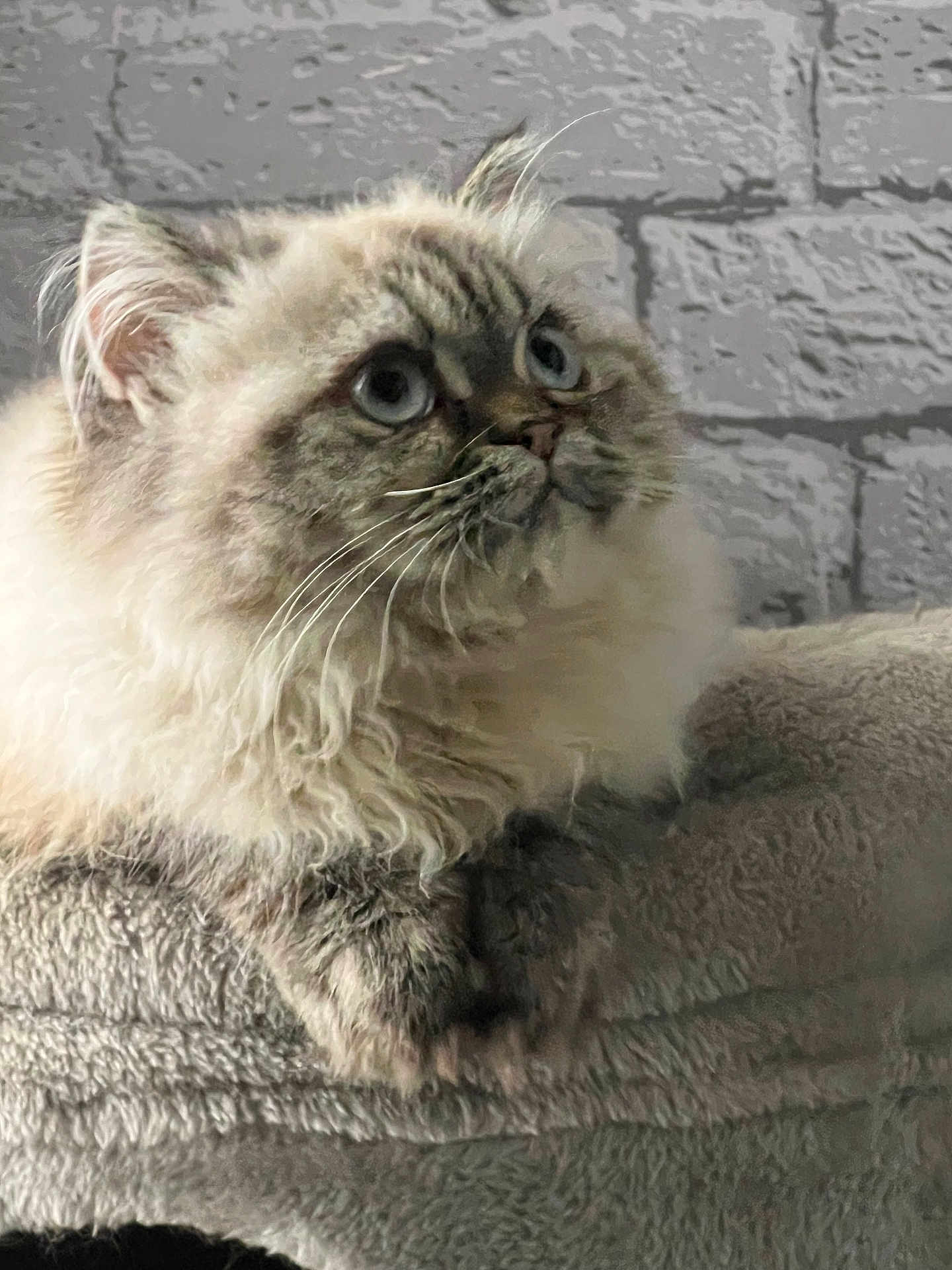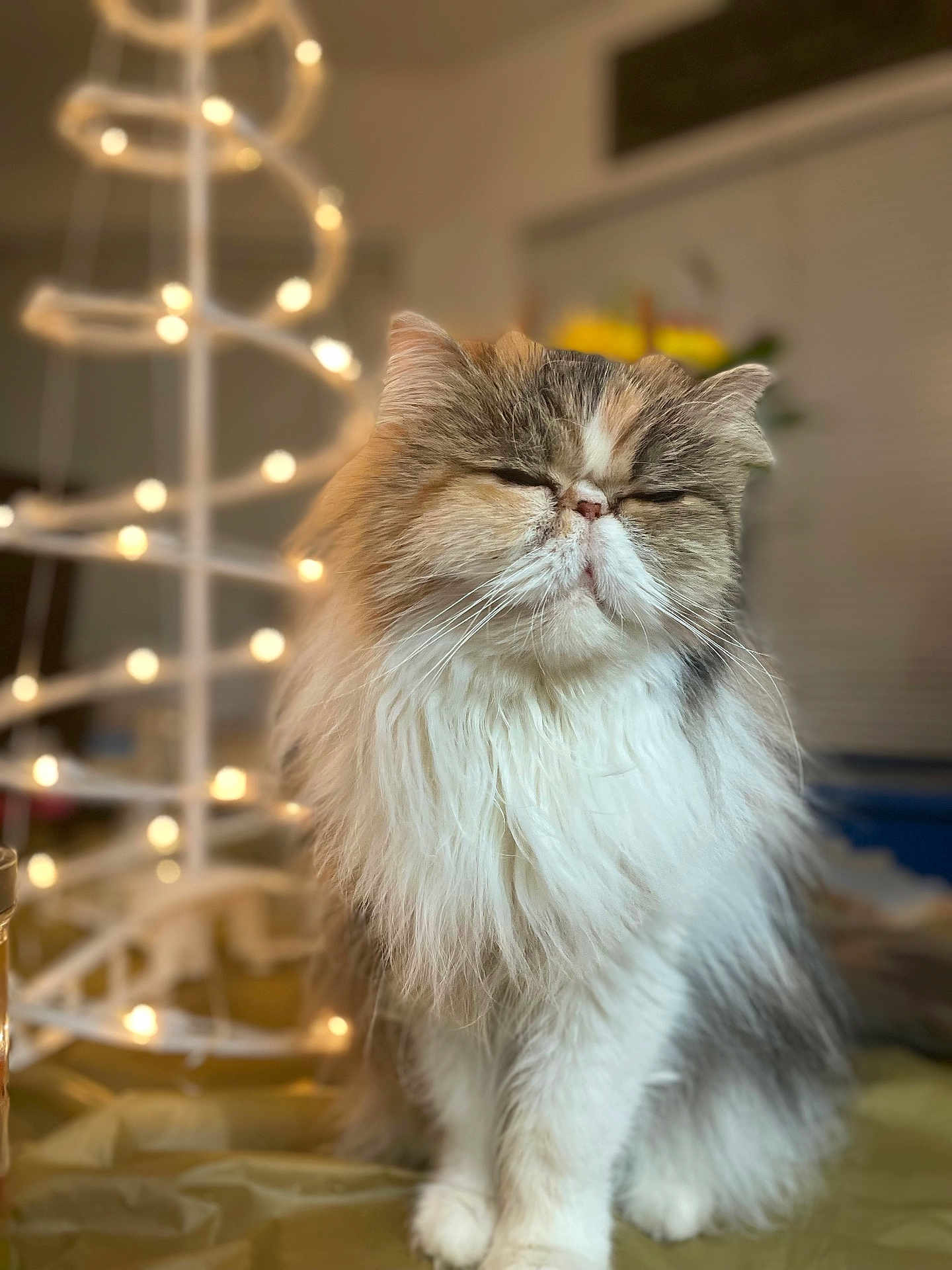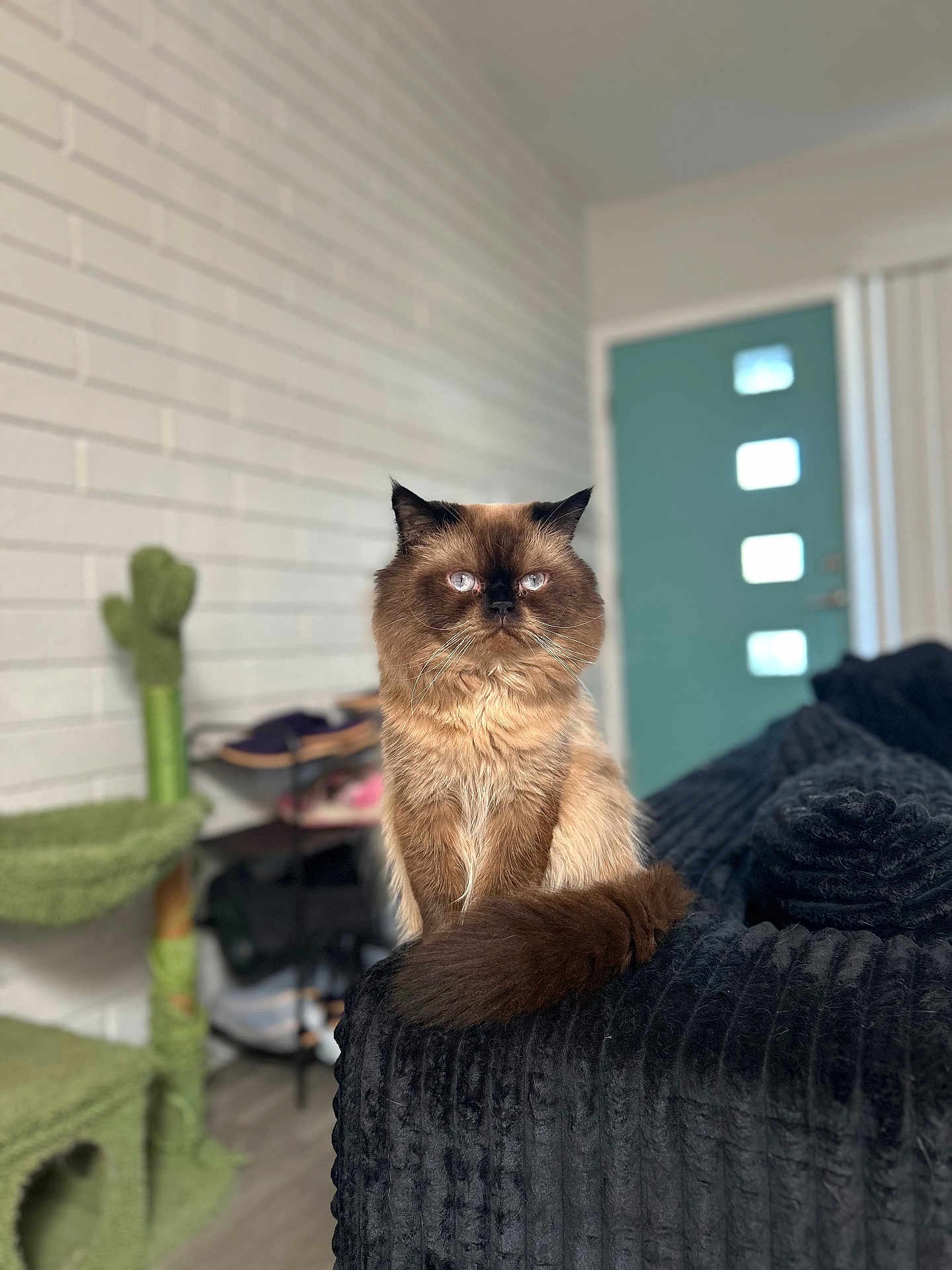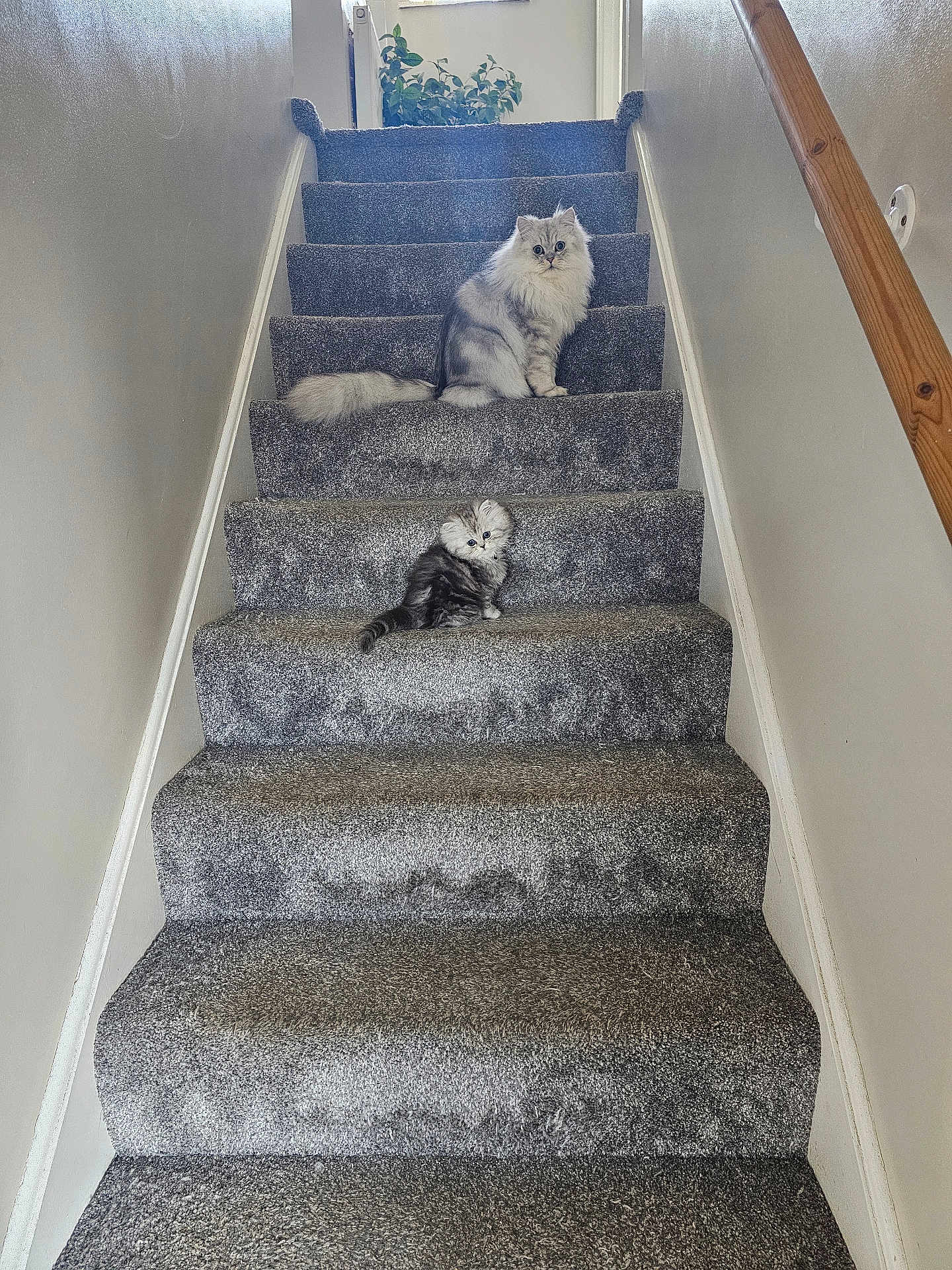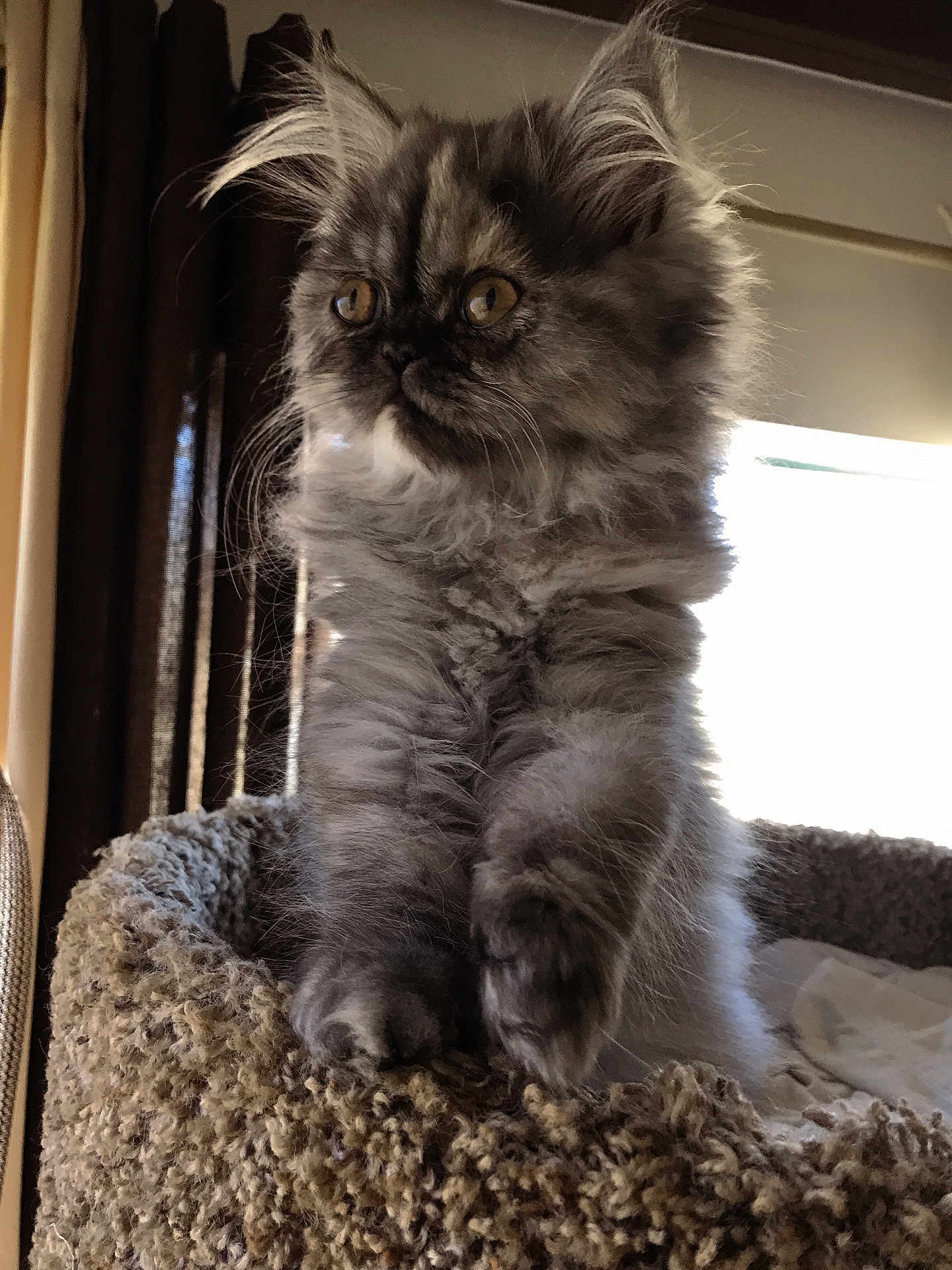
"In the eyes of a Persian cat, where warmth and wisdom interlace, one finds the poetry of a thousand silent tales." – Anonymous
Personality and Behavior of the Persian
Persian cats are often synonymous with grace and quiet charm. Known for their sweet, gentle, and calm demeanor, these felines are a perfect fit for those seeking a serene companion. Unlike other breeds that might exhibit high energy and playful antics, Persians tend to be much more laid-back. They enjoy lounging in soft, comfortable spots and observing their surroundings with an air of regal detachment.
"Even though they possess a placid nature, Persians have a playful side, often showcasing their quirky sense of humor," notes a long-time Persian owner.
One notable characteristic of Persian cats is their affectionate nature. They form strong bonds with their human family members and often prefer the calm bliss of lounging on their owner's lap over roaming around the house. This breed is not one to demand constant attention but rather appreciates a harmonious, peaceful environment where they can feel secure and loved.
Persian cats are also known to be quite adaptable. While they enjoy their solitude, they're also keen on being in a home where they are pampered and adored. Their patience and polite manners make them great companions for families, singles, and seniors alike. Persians do well in quiet households and are generally tolerant of other cats and pets, provided introductions are made calmly and gradually.
Meanings, History, and Origins of the name Persian
The name "Persian" naturally evokes images of ancient Persia, now modern-day Iran, where these cats are believed to have originated. The breed's exact beginnings are shrouded in mystery, but they're thought to have been domesticated in the 1600s. Italian and French travelers brought the long-haired cats to Europe, significantly contributing to their rise in popularity.
Historically, owning a Persian cat was even considered a symbol of wealth and elegance. Their luxurious coats, striking eyes, and placid demeanor lent them an air of nobility that resonated deeply with the upper echelons of society.
The name itself, Persian, extends beyond just geography. It hints at the cat's opulent nature and impressive history. These cats were mentioned in hieroglyphs and ancient art, further solidifying their status as revered and beloved companions.
Popularity of the Persian
The Persian cat has long been one of the most popular cat breeds worldwide. In the United States, it repeatedly ranks among the top choices for pet owners. Their unique appearance and gentle nature make them standout favorites.
The breed's popularity extends well beyond English-speaking countries. In places like Japan, the laid-back temperament of Persian cats resonates with the cultural value of harmony and tranquility. They are equally adored in European countries and the Middle East, where their deep historical roots add another layer of allure.
From luxury advertisement campaigns to royalty's pets in various cultures, Persians have gracefully secured their place in households and hearts across the globe. Their representation in movies and shows only adds to their glamorous image, further cementing their role as feline royalty in popular culture.
Health and Care of the Persian
Owning a Persian cat comes with unique responsibilities, particularly concerning its health and grooming. The breed's luxurious coat requires regular maintenance to prevent matting and tangling. Daily brushing is recommended to keep their fur in pristine condition, alongside regular baths to maintain skin health.
Persians are prone to certain genetic health conditions, such as polycystic kidney disease (PKD) and respiratory issues due to their brachycephalic (flat-faced) structure. Regular veterinary check-ups are imperative to catch any potential health problems early.
Diet also plays a crucial role in the well-being of your Persian cat. High-quality cat food tailored to their specific dietary needs helps maintain their coat's luster and overall health. Also, ensuring they stay hydrated is vital, as it promotes a healthy urinary system.
Training and Education of the Persian
Training a Persian cat, much like any feline, requires patience and consistency. While they are intelligent, their laid-back nature means they're not as easily motivated by high-energy play. Positive reinforcement, such as treats and gentle praise, works best when training them.
Litter training is generally straightforward with Persians. With their instinctive need for cleanliness, they adapt quickly to a well-maintained litter box. However, they might show resistance to sudden changes in their environment, so gradual introductions to new elements are recommended.
One common challenge with Persians is dealing with their grooming needs. Training them to accept regular grooming sessions from an early age can make this task much more manageable. Using a gentle approach and creating a routine can help them become more cooperative during these sessions.
While Persians may not be the most acrobatic or mischievous of breeds, providing them with interactive toys and activities is beneficial. Puzzle feeders, for instance, can keep them mentally stimulated and engaged without overwhelming their calm nature.
**Choosing the right cat breed is a deeply personal decision, rooted in individual preferences, lifestyle, and even cultural significance. For those who relish a life of serene companionship combined with royal elegance, the Persian cat emerges as an impeccable choice. This breed's unique blend of tranquility and affection makes them a steady, loving presence in any home.
At KingPet, we celebrate the diversity and charm of each cat breed, including the magnificent Persian. With numerous Persians participating in our contests, we are continually reminded of the breed's enduring appeal and the joy they bring to their owners. Selecting a Persian cat is not just choosing a pet; it's embracing a story of grace, history, and endless affection.**










